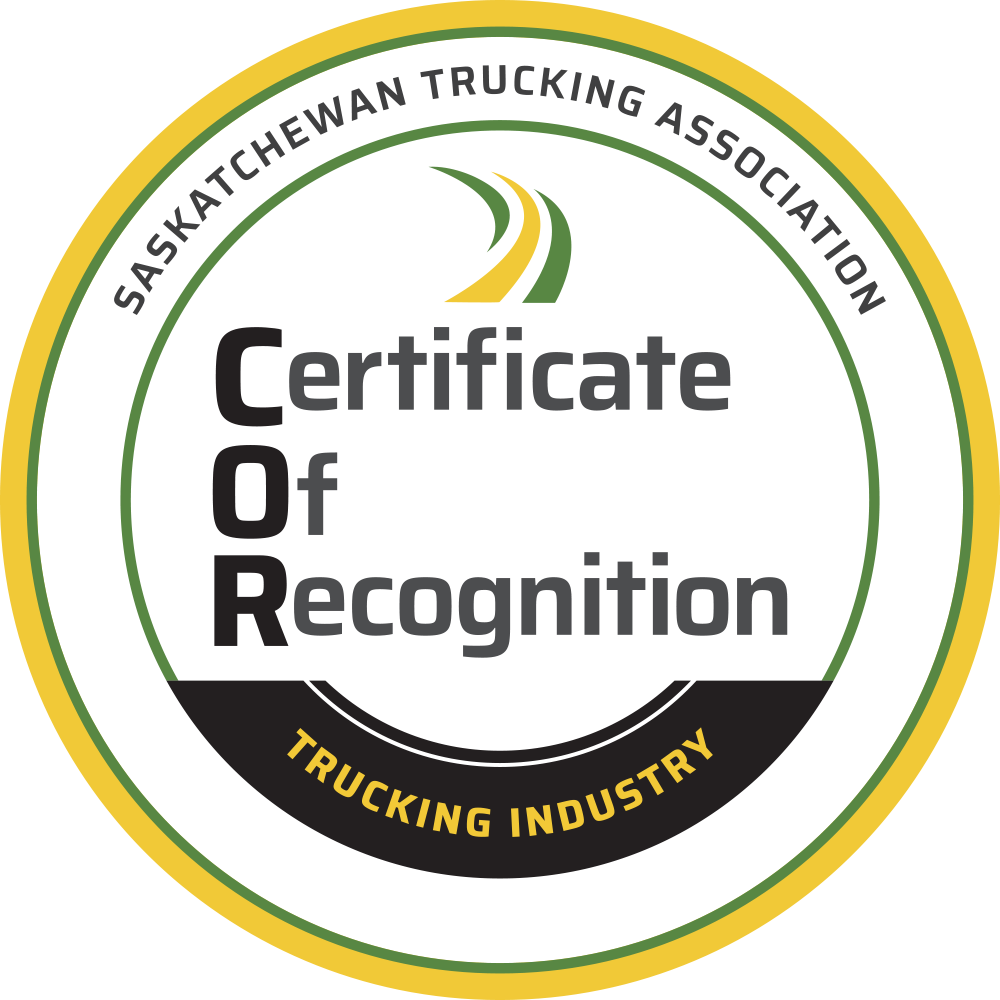
More Than 6,000 Vehicles Transporting Hazardous Materials/Dangerous Goods Were Inspected During CVSA’s Unannounced Five-Day Inspection Initiative
Oct 13, 2022
On June 13-17, commercial motor vehicle inspectors inspected 6,204 vehicles transporting hazardous materials/dangerous goods (HM/DG) and 6,668 HM/DG packages in Canada and the U.S. for a five-day unannounced HM/DG inspection and enforcement initiative for the Commercial Vehicle Safety Alliance (CVSA).The total number of violations was 1,774.
Drivers who transport HM/DG are specially trained in emergency safety and applicable HM/DG federal regulations. CVSA’s HM/DG Road Blitz spotlights the safety-compliant drivers, shippers and motor carriers that ensure HM/DG are always appropriately marked, placarded, packaged and secured while being transported on our roadways.
Vehicles found to have HM/DG-related out-of-service violations, and/or any other driver or vehicle out-of-service violations, were restricted from traveling until all out-of-service violations were addressed.
During the 2022 HM/DG Road Blitz, inspectors discovered the following HM/DG violations:
- 408 shipping papers violations
- 269 non-bulk/small means of containment packaging violations
- 272 bulk packaging/large means of containment packaging violations
- 76 non-bulk/small means of containment labeling violations
- 159 bulk packaging/large means of containment placarding violations
- 79 other safety marks violations
- 168 loading and securement violations
- 43 HM/DG package integrity (leaking) violations
- 84 Transportation of Dangerous Goods Training Certificate violations (Canada only)
Below is a summary of the HM/DG class types inspected, broken out by country and combined for a North American total.
| Class | Description | Canada | U.S. | Total |
|---|---|---|---|---|
| Class 1 | Explosive, such as ammunition, fireworks, flares, etc. | 15 | 150 | 165 |
| Class 2 | Gases, Flammable, non-flammable oxygen, and inhalation hazards | 129 | 1,343 | 1,472 |
| Class 3 | Flammable and combustible liquids, such as fuel oil, acetone, adhesives, paints, gasoline, ethanol, methanol, some pesticides, etc. | 240 | 2,962 | 3,202 |
| Class 4 | Flammable solids, substances liable to spontaneously combust and substances that, on contact with water, emit flammable gases, such as white phosphorus and sodium. | 6 | 331 | 337 |
| Class 5 | Oxidizing agents and organic peroxides, such as hydrogen peroxide, potassium permanganate, sodium nitrite, ammonium nitrate fertilizers and oxygen generators | 8 | 179 | 187 |
| Class 6 | Toxic and infectious substances; any material, other than a gas, that is so toxic to humans that it presents a health hazard during transportation, such as cyanide, biological samples, clinical wastes and some pesticides. | 12 | 119 | 131 |
| Class 7 | Radioactive materials, such as cobalt 60 and cesium 137 | 0 | 19 | 19 |
| Class 8 | Liquid or solid corrosive substances, such as sulfuric acid and sodium hydroxide, that cause full thickness destruction of human skin at the site of contact within a specified time | 64 | 921 | 985 |
| Class 9 | Miscellaneous HM/DG, such as acetaldehyde ammonia, asbestos, elevated temperature materials and benzaldehyde. | 11 | 369 | 380 |
Governments in Canada and the U.S. have a strict inspection and enforcement programs to ensure compliance with regulations regarding the transportation of HM/DG. In the U.S., the Pipeline and Hazardous Materials Safety Administration (PHMSA) and the Federal Motor Carrier Safety Administration (FMCSA) are responsible for regulating and ensuring the safe and secure movement of hazardous materials. In Canada, the TDG Regulations are the safety requirements for the transportation of dangerous goods.
According to FMCSA’s data for the last calendar year (as of Aug. 26, 2022), the top five hazmat violations in the U.S. were:
1. Package not secure in vehicle
2. No copy of the USDOT HM registration number
3. No or improper shipping papers (carrier)
4. Shipping paper accessibility
5. Vehicle not placarded as required
The HM/DG Road Blitz helps increase awareness of the HM/DG rules and regulations in place to keep the driver, the public and the environment safe. It also highlights the hard-working, specially trained commercial motor vehicle law enforcement individuals who inspect vehicles transporting HM/DG.
Do you need a solution to reduce your work place injuries & illnesses?
Trucking Industry Certificate of Recognition
Are you looking to provide your employees with new skills? Is having a safe and employee-friendly workplace part of your company culture? The Trucking Industry Certificate of Recognition (CoR) is an industry-evaluated health & safety program recognized by the WCB and Work Safe Saskatchewan.




